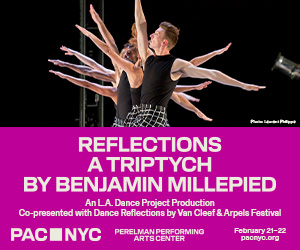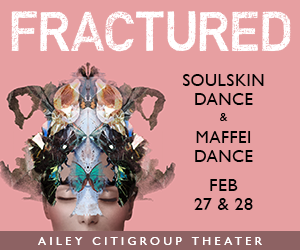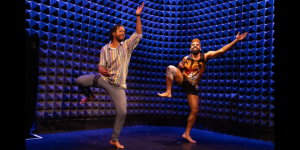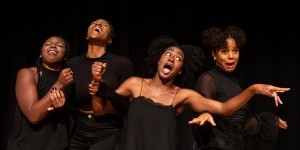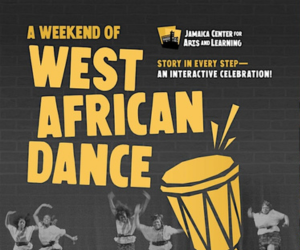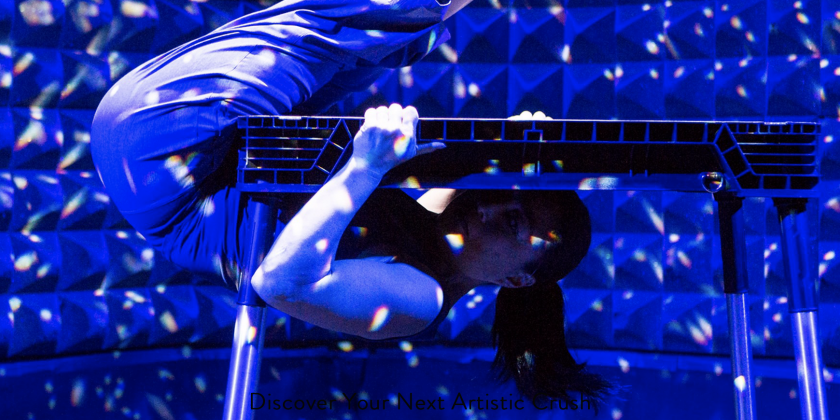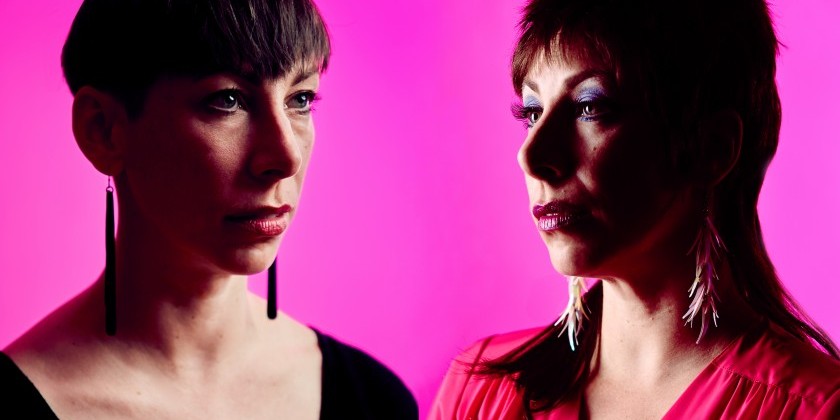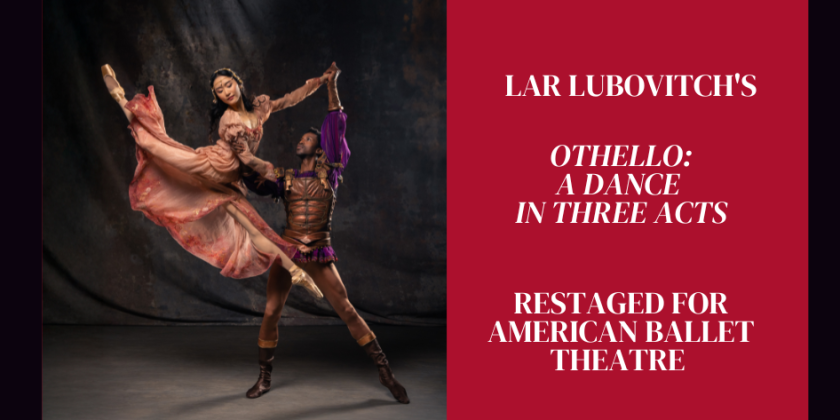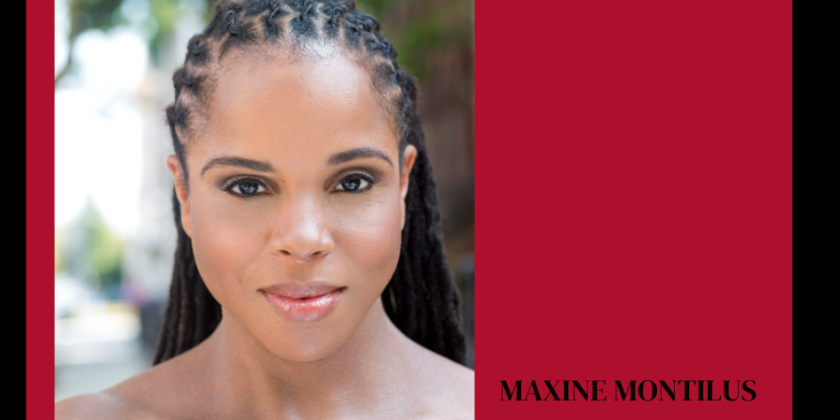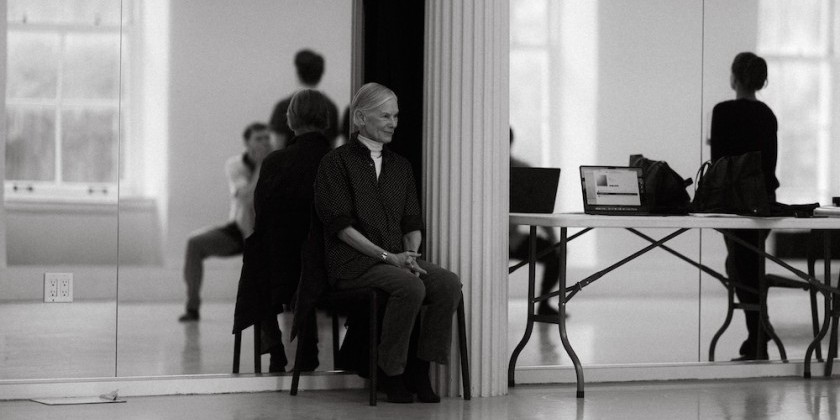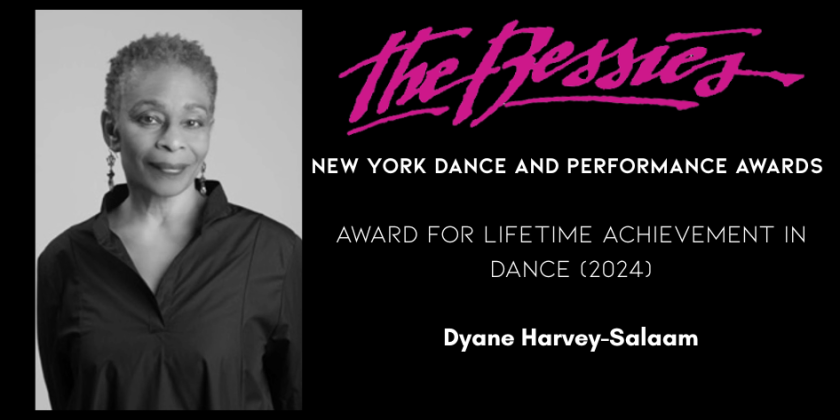THE DANCE ENTHUSIAST ASKS: EPIC Players, a Neuro-Inclusive Theatre Company, Lights Up Joes Pub

Get Enthused for “ Y2Kabaret” on October 26, 2025
When Aubrie Therrien founded EPIC Players in 2016, she envisioned a theater company that would serve as a home for neurodiverse and disabled artists. Nearly a decade later, the company has evolved into a vibrant creative community, offering professional performance opportunities, career training, and a platform for visibility.
This October, as the nation celebrates Disability Employment Awareness Month, EPIC Players will present Y2Kabaret at Joe’s Pub. Directed by Therrien, the high-energy, 2000s-themed musical showcase will feature 44 performers, and serve as a joyful reminder of EPIC’s founding belief that every artist deserves to be seen.
The Dance Enthusiast’s Theo Boguszewski spoke with Therrien about Y2Kabaret, the company’s mission of neuro-inclusion, and how EPIC Players is helping reshape what accessibility and artistry mean on the modern stage. Click HERE for tickets.
Theo Boguszewski for The Dance Enthusiast: What led you to found EPIC Players and what is the focus of the organization?
Aubrie Therrien: EPIC Players is a nonprofit, neurodivergent theater company based in New York City. We were founded nine years ago to create an opportunity for neurodiverse or disabled individuals to shine and express themselves on stage. We believe that people can be born with a disability and also talent, and they should be able to pursue that pathway, not just recreationally, but as a professional. There are many barriers for this community to access training, stage opportunities, and paid opportunities that we just saw a need. So EPIC was founded and we grew really quickly, from about 20 members to now about 200 members nationwide, as well as a kids program. We offer paid opportunities in the arts for our players. We also offer learning experiences, free classes, career support, and a community of like-minded people where you can feel safe to learn and express yourself.
What does it mean to be a “member”?
Members are artists; artists with autism, disabled artists, and neurotypical artists who like working neuro-inclusively. We approach our community from a strength based perspective, so to be a member of EPIC you have to audition. Membership is completely free, and you get access to our free classes. We offer about 100 classes a year, which are hybrid – both in-person and online. We also collaborate with professionals in the field. We have our musical master class where we partner with Broadway professionals to come and teach. We ask members to stay active, which means you either have to be in a class or in a performance.
Are your members mostly based in New York City?
Mostly based in New York City, however, we do have an Los Angeles chapter. We launched in LA two years ago.
Some of our readers might not be familiar with the term neurodiverse. Can you explain the range of who that might include?
Neurodiverse just means someone who thinks differently from what is clinically typical. So that can be somebody with autism, somebody with ADHD, various learning disabilities, developmental disabilities, etc. Predominantly, most of our players identify as autistic.
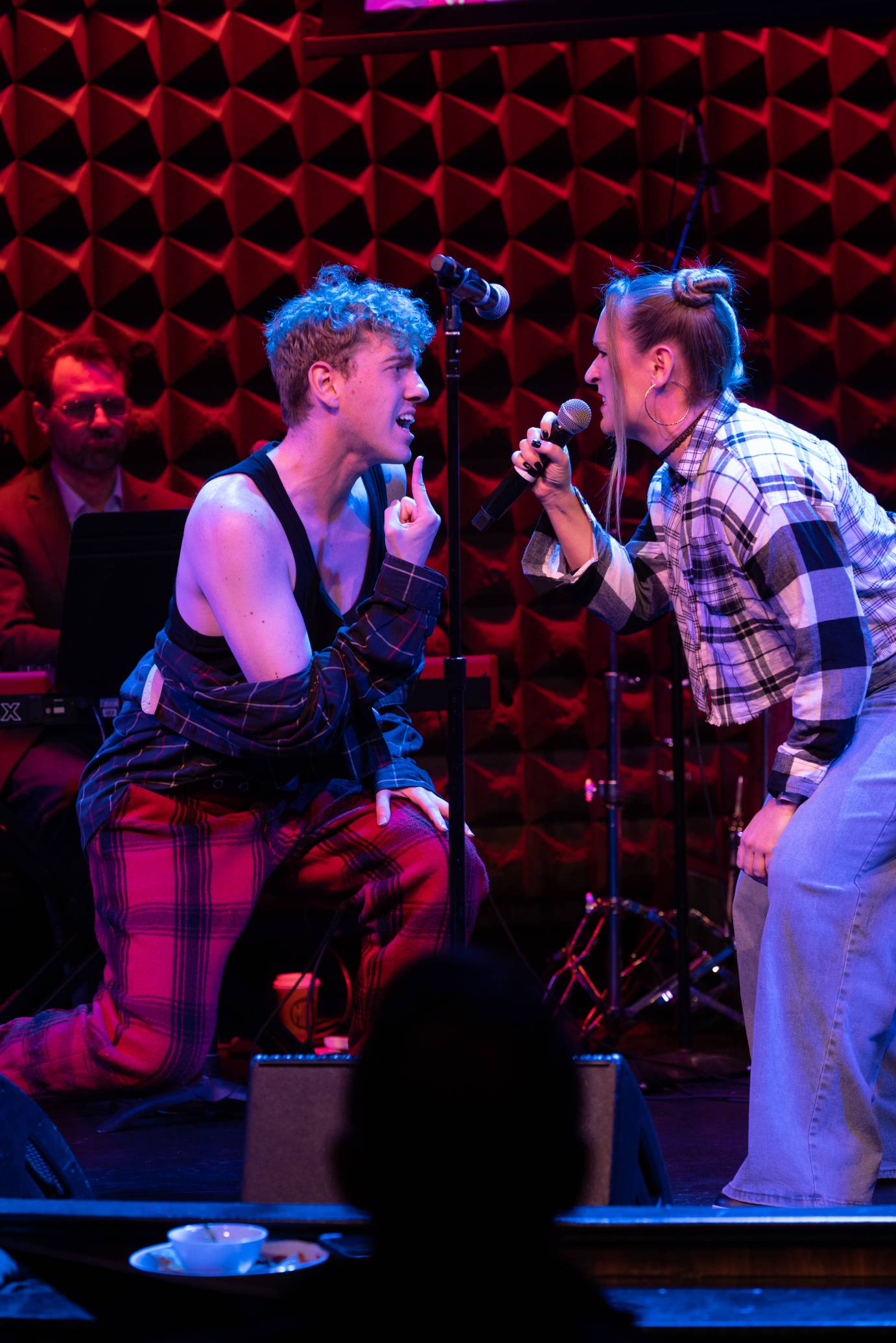
Why is it important to get neurodiverse and disabled performers into the professional world of theater, dancing and acting?
Well, you can't be what you can't see, right? Our players and our community have really only seen themselves portrayed in media from a deficit based approach, or as the peripheral character, the “disabled” character. They don’t often see themselves in positions of power, and that's really important to see as a young person. And it's important to show society your capabilities. We believe that art reflects life, and if we can cast our members not just in disabled roles, but any role, we're flipping the cannon on its head. And then we're also forcing society to see the capabilities of disabilities and go like, “oh, maybe I should hire this person” or “maybe I should include this person in my community.” And that's why I think it's important.
October is National Disability Employment Awareness Month. What can other dance and theater organizations do to support neurodiverse performers?
I think that access is often just asking. So being able to welcome neurodiverse and disabled performers into your community by saying, “let us know your support needs”, or “we're open to this”, or “we want to see all different types of dancers and expressionists.” Oftentimes it’s as simple as just asking, “are there any supports we can provide for you in this audition?” It’s not assuming everyone is neurotypical, that everybody is non-disabled.
What types of supports does EPIC provide?
We provide a lot. Access is not a perfect science, and we're always learning. Right now we have an access coordinator that works with us to ensure that our players have the access pathways they need. We also pair each of our members with a one-on-one advocate or mentor that helps them with memorizing lines or with choreography they're learning or maybe preparing for an audition outside of EPIC. A lot of our members get cast in movies, TV, Broadway shows, etc.
And then just being able to offer information in different modalities. Being very clear and direct, making sure the schedule is set, making sure the font is in a big size, making sure emails aren't four pages long, making sure the directives are clear. To be clear is to be kind. We have ASL interpreters. We've been around for nine years and we've built those things.
For anybody who would like to build more pathways, I would encourage them not to get intimidated by that. Start small. Again, it’s as simple as putting in your audition, “what supports can I provide?” Little things add up, and then your community will be more empowered to say, “actually it would be great if I had this.”
Does EPIC work at all in the advocacy space?
We do. We advocate by way of our performances in general, but we also advocate one-on-one for our players, especially when they're navigating opportunities. And we're now starting to really get involved with current conversations around autism and disability.
Why is it important that general audiences experience neurodiverse performers on stage?
My goal with EPIC is that every theater is a neuro-inclusive one in the future. Just like colorblind casting, disability casting. And I think that's important because it debunks what people think of disability. Again, the media often portrays disability from a deficit based approach.
We did a workshop once for a group of media professionals, and they wanted to see a rehearsal. We were doing Spring Awakening, and we invited the professionals into the room, and afterwards somebody came up to me and said, “I am blown away by what I just saw. I feel so guilty because I came in here feeling like this was charity for me to come and see this recital, these poor autistic people doing the show. And it was completely not what I expected.” And that's exactly what we want to do at EPIC — show you as an audience what our community is capable of.
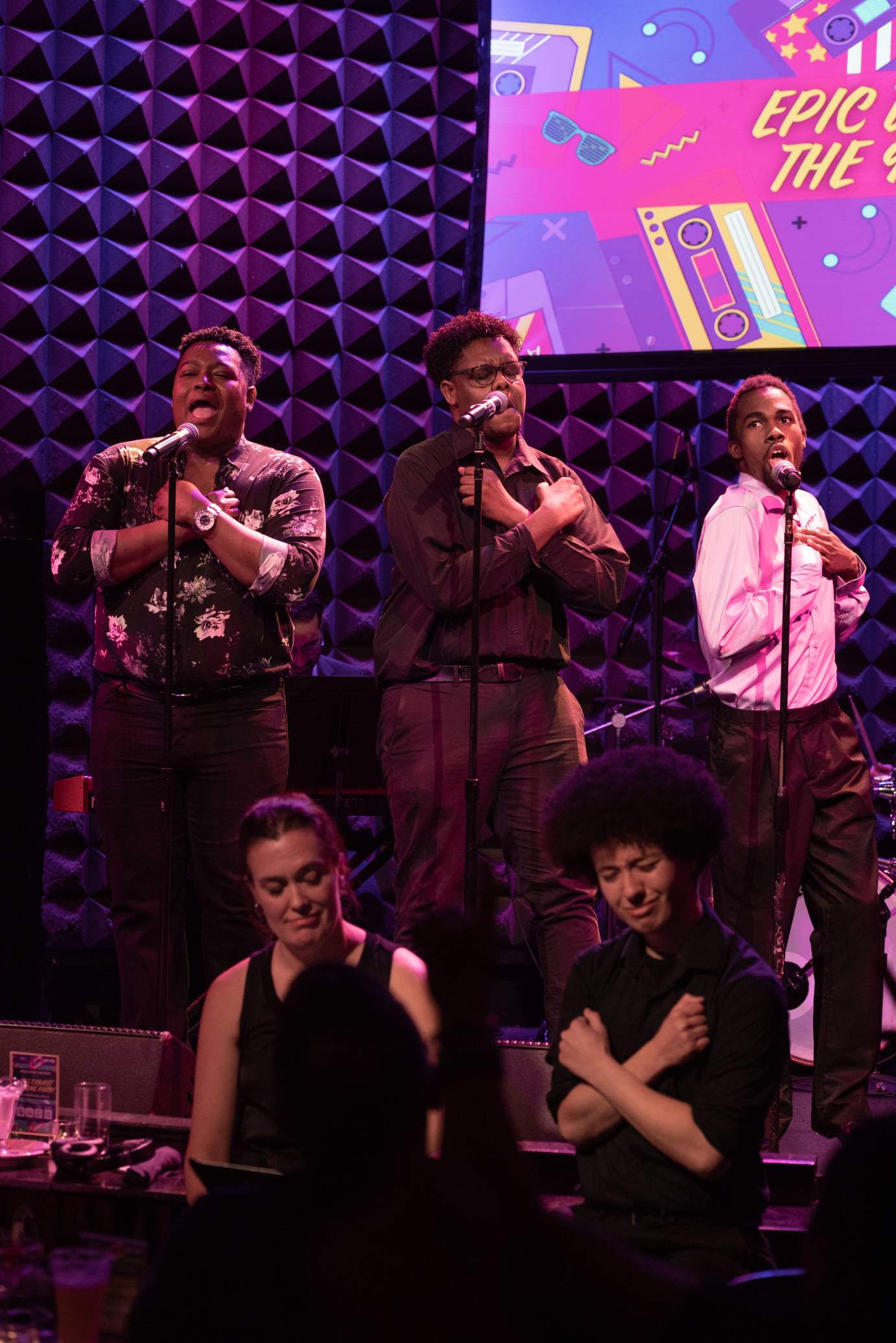
Can you tell us a little bit about Y2Kabaret? Where did the idea come from and what can audiences expect from the performance?
EPIC is a community-based company. Our company members suggest themes, and we explore them. The 2000s was a music genre they wanted to explore this year, so that is how Y2K came to be Y2Kabaret.
We're really excited. We were able to cast 44 members in this show, which is the most ever in a cabaret. And we have two shows, with two completely different casts at Joe's Pub. It's a cool show because we are doing all these songs, but also we're working with Broadway guests who are coming in as guest stars. The early 2000s were the year of the protest song, so we have a lot of that happening.
What's an example of a protest song from the 2000s?
Dear Mr. President by Indigo Girls and Pink. “Or Not Ready to Make Nice by the Dixie Chicks.
So this is not EPIC’s first time at Joe's Pub’s Public Theater. Can you share a bit more about why this is such a meaningful venue?
If we want the larger community to see our players as professionals, we need to put our money where our mouth is, and make sure they're on elevated stages. A venue like The Public Theater is an amazing experience. Our players feel like professional artists, because they are. We sell out the shows. We have 180 people coming to both shows, and we have wait lists. And it also brings accountability — we have got to be prepared.
I love the Joe's Pub team. Accessibility, inclusion, and seeing marginalized voices is important to them and their mission. The team is exceptionally kind and really goes out of the way to build access pathways; we've learned from each other in that way.
What do you hope that audience members take away from this production?
I hope they have a great time. EPIC is one of those things you have to experience in order to understand. So I would encourage everyone to come see what a neuroinclusive performance is supposed to look like.
But how do you see the broader theater world evolving in terms of inclusion and what more needs to happen for true equity?
Pathways need to be built physically and invisibly. We have a program called “Invisible Ramps” where we teach other theaters and corporations how to build those invisible pathways for individuals with invisible disabilities, which is the majority of people with disabilities.
I think fair pay is important. And there may need to be more access built into the unions. Our players are joining the union and they're getting cast, but what's happening is they're getting cast in that one disabled role. There has to be something more than this “all or nothing” model. And oftentimes when you see these invisible ramps being built for our community, it benefits everybody.
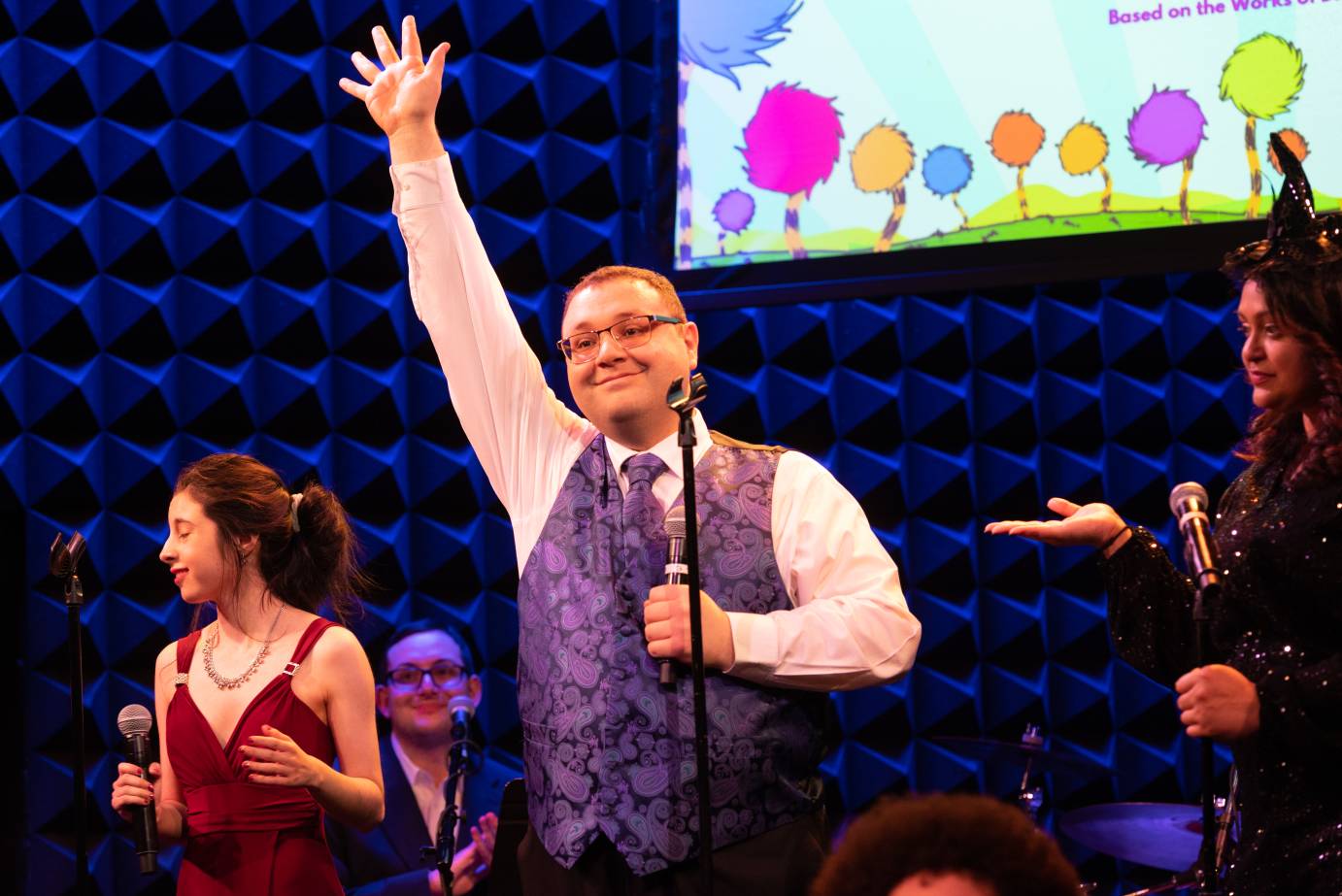
Anything else that you'd like readers to know about EPIC or about Y2Kabaret?
Tickets are on sale now! They're selling out. We're also doing RENT in the spring. And we are always looking for volunteers and community members and other artists who are curious about this work or want to be involved to come work with us. And then we have a junior company, too, of students with disabilities. So if you have a student performer, a dancer, musician that is looking for a safe place to grow their craft, come meet EPIC.




